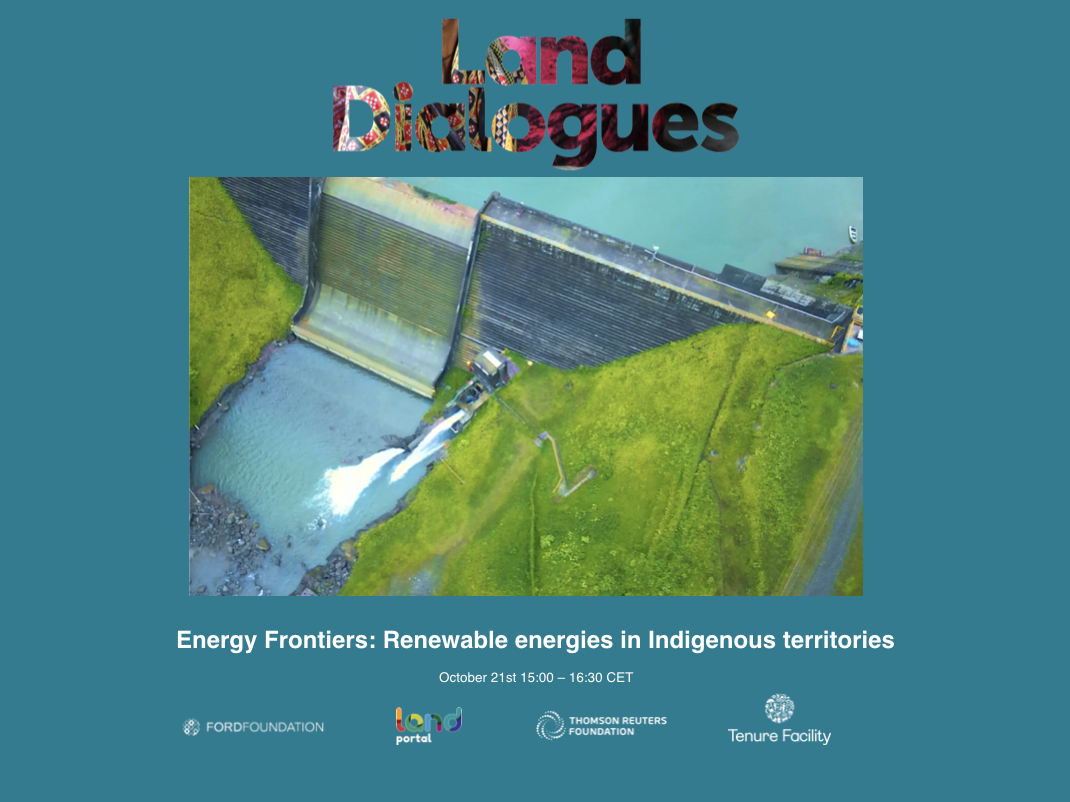Although renewable energy has not been inherently positive for Indigenous Peoples, there is a growing recognition among private and government actors that attaining the highest possible standards in respect of Indigenous Peoples’ rights is simply a matter of sound business principles and good practice.
Addressing climate change requires that we transition quickly to renewable energy while grounding our efforts in human rights. This requires a more nuanced understanding of Indigenous Peoples’ rights related to sustainable energy, and dedicated action to ensure they are not left behind. At the community-level, indigenous-led approaches to renewable energy production can inspire further human rights-based action on the ground.
This webinar sought to open up the discussion on different visions of how renewable energy goals (SDG7) can be achieved in an inclusive and equitable manner. It discussed how to ensure fair participation for Indigenous Peoples and local communities in the decision making process, while maintaining their governance over their territories as active actors in energy transitions, not simply as spectators.
Colleagues joined us on October 21st at 9AM EST and were part of the debate!
MODERATOR

Fabio Texeira
PANELISTS

Joan
Carling

Ikal
Angelei

Marcelo
Guerra

Athena
Ronquillo-Ballesteros
-
Fabio Texeira, Correspondent, Thomson Reuters Foundation
-
Joan Carling - Co-Convener of the Indigenous Peoples' Major Group
-
Ikal Angelei - Co-founder and Director of Friends of Lake Turkana
-
Marcelo Guerra - President of COONAPIP
-
Athena Ronquillo-Ballesteros, Climate Leadership Initiative

